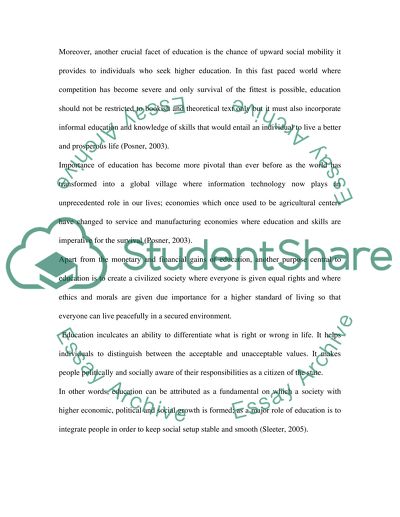Cite this document
(“The Role, Purpose and Value of Design and Technology in the School Essay”, n.d.)
Retrieved de https://studentshare.org/education/1430040-brief-provide-a-convincing-argument-for-the-role
Retrieved de https://studentshare.org/education/1430040-brief-provide-a-convincing-argument-for-the-role
(The Role, Purpose and Value of Design and Technology in the School Essay)
https://studentshare.org/education/1430040-brief-provide-a-convincing-argument-for-the-role.
https://studentshare.org/education/1430040-brief-provide-a-convincing-argument-for-the-role.
“The Role, Purpose and Value of Design and Technology in the School Essay”, n.d. https://studentshare.org/education/1430040-brief-provide-a-convincing-argument-for-the-role.


